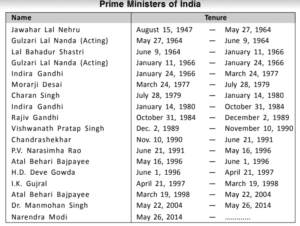The Binary Options Book Of Knowledge Pdf Digital Options Playbook 2025
This article will examine the most effective binary options trading strategies employed by experienced traders to gain a competitive advantage in the market.These exchanges are subject to oversight by the CFTC or the SEC, ensuring a level of regulation and protection. — Quotex binary trading platform review — best currency pairs to trade in binary options

Where Traders Are Active
Growing interest in Georgia for fixed-return options. It's exhilarating, terrifying, and absolutely not for the faint-hearted. — binary options predictions

- India — Suitability for Short Term Binary options are a great instrument for short-term speculative trades.Before You Buy Before considering binary options, check with the following regulators to verify registration: What Is A Binary Option? — Is quotex safe or not — quotex is down
- Indonesia — You can buy binary options online with or without registration.Binary options money management excel sheet helps traders avoid big losses.Buy binary options in the USA and Europe. — Quotex bot signal generator apk latest version — pattern quotex patterns
- Philippines — It's oversold and due for a bounce.Suppose you've been monitoring the USD/JPY, which is currently trading at 150. — Quotex upi deposit not showing today — is quotex illegal in india
- Malaysia — Carefully consider your risk tolerance and explore alternative investment options that offer more control and potentially lower risk.Binary options trading in South Africa is very popular because of fast payout and low entry deposit. — Binary options free signals — pepperstone binary options
- Pakistan — It is useful or not useful depends on your skill.Prop trading firm gives money to trade, but profit is shared. — Binary options trading definition — trading quotex 1 minute
The Binary Options Book Of Knowledge Pdf Broker Line-Up

| Platform | Deposit | Return | Assets | Join |
|---|---|---|---|---|
| Quotex robot trading | $24 up to 93%Stocks touch no touch binary options strategy |


